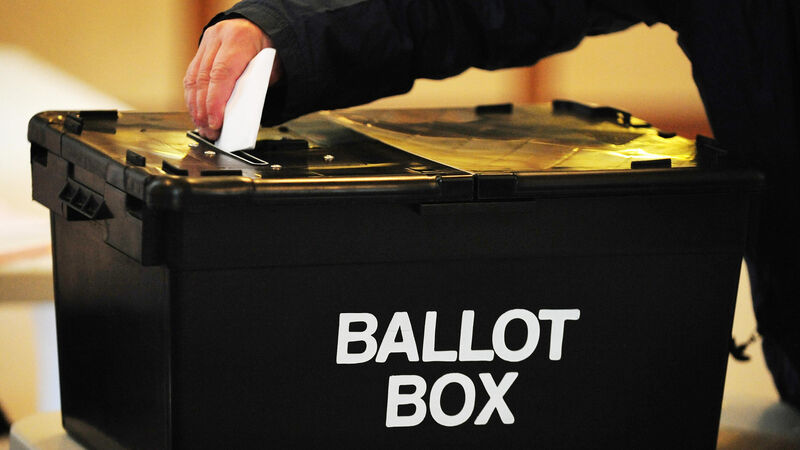Hundreds of thousands of inaccurate names on electoral register, commission warns

The Commission has not put a figure on the number of names on the register that should not be there. Picture: PA
There are “hundreds of thousands” more names on the electoral register than should be, including dead people - but there is no way to find out the exact number.
New data shows 11 local authorities have more people registered to vote than eligible.











